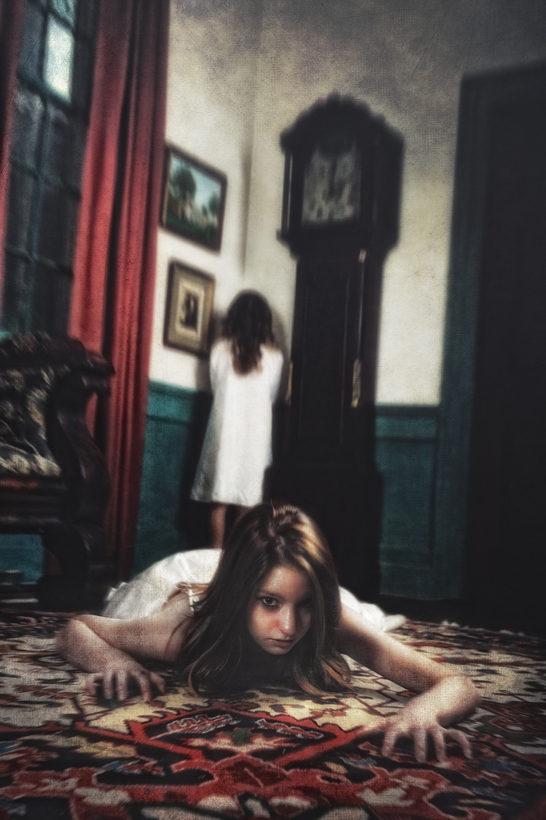How many parents of exasperating teenagers have wished that their kids were toddlers again? In Sophie Hannah’s Perfect Little Children, someone seems to have gotten that wish. Taking a detour from her son’s soccer game to eyeball an estranged friend’s fancy new house, Beth Leeson is shocked to spot the friend, whom she hadn’t seen in 12 years, getting out of a car with her two children, who look exactly as they did back then. At home, Beth describes the experience to her skeptical family. After her teenage daughter ticks off all the plausible explanations, Beth embarks on a slightly crazed quest for the correct one. It perplexes her family that she is so obsessed with someone she broke off with years ago, but the sheer impossibility of what Beth saw drives her forward. Following a series of disturbing encounters and more creepy sightings, she begins to think her friend is in serious trouble.
Though it may feel at first that we are in The Twilight Zone, Beth’s suburban family life in the fictional English town of Little Holling—she’s an overworked massage therapist and the mother of two teenagers—grounds the book in reality. From the minute mother and daughter start batting their theories around, Hannah, a master plotter who has written three Hercule Poirot novels with permission from the Agatha Christie estate, plays out her narrative honestly. There’s no withheld piece of information, no crucial character who doesn’t appear until the final chapter. Beth’s deductive abilities improve as the book unfolds, but her intuitive grasp of human behavior turns out to be her sharpest tool. She’s had ample opportunity to observe that species of upwardly mobile parent for whom “helicopter” is too weak an adjective and perfection too low a bar. Perfect Little Childrenis a sharp-edged commentary on how, for such people, love can turn to cruelty, and damage, once inflicted, can never be undone.

